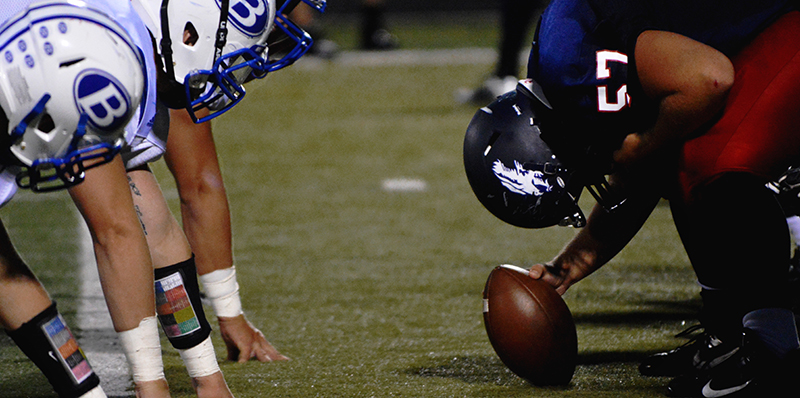Before teams in companies rose to prominence in the early 90’s, there were departments – a group of people waiting for orders and authorizations from above. The switch to teams was based on a strategy of a fast-moving, quickly executing self-directed group of people able to achieve outcomes without slow-as-molasses hierarchy.
Flash forward to today, and ask yourself – how many working groups in organizations are truly teams?
If your organization’s teams were ranked nationally against your competitor’s teams, like in the National Football League, would your team be ranked in the top ten? The top 100? If your answer is to say, “Is this some sort of joke or what?” That might mean that your organization wants to revisit the whole concept of what a team is and what it would look like to be ranked as the best.
Here are 3 things that define a corporate team as opposed to the old-school, hierarchy-driven departments that came before the digitally driven teams of the 21st Century.
1. Corporate Teams Know What it Takes to Score. NFL team members, and well-run corporate team members, know their positions on the team and where the goalposts are. They know how to move the ball down the field and the time remaining to play, and they know the thrill of moving the ball over the goal line. In contrast, there are corporate teams where members get lost in ill-defined outcomes, spending enormous amounts of time mired in emails and meetings, complaining about lack of direction, with only a vague sense of how what they do contributes to winning the game.
2. Team Members Enjoy the Playing. It amazes me that players like Peyton Manning, the Denver Broncos’ famed quarterback, have earned more money than they can reasonably spend, but they want to keep playing. They are members of the team because they are passionate about the game, not because of the money they earn.
In contrast is a highly paid young tech worker who responded to my question “How are things at work?” with “Well, you know, it’s a job. You go to work every day, and you come home.” Obviously my friend may be making a contribution by his coding skills, but he has no sense of being part of a winning team, or really any kind of team at all. Unless the team member is passionate about being on the team, he can’t be serious about winning the game.
3. Teams Enjoy the Rewards of Winning. Great teams recruit and reward A players. Google fears hiring anyone that is not an A player, because once there is a B player on the team, they will hire a C player. As technology expands and becomes more integrated with everyday taks, with no need for day-to-day human input, only the highest-level leading thinkers and entrepreneurial players will be left in the game. These players will be the very best, and there will be a great deal of competition to hire them. Organizations that excel will reward their players well.






